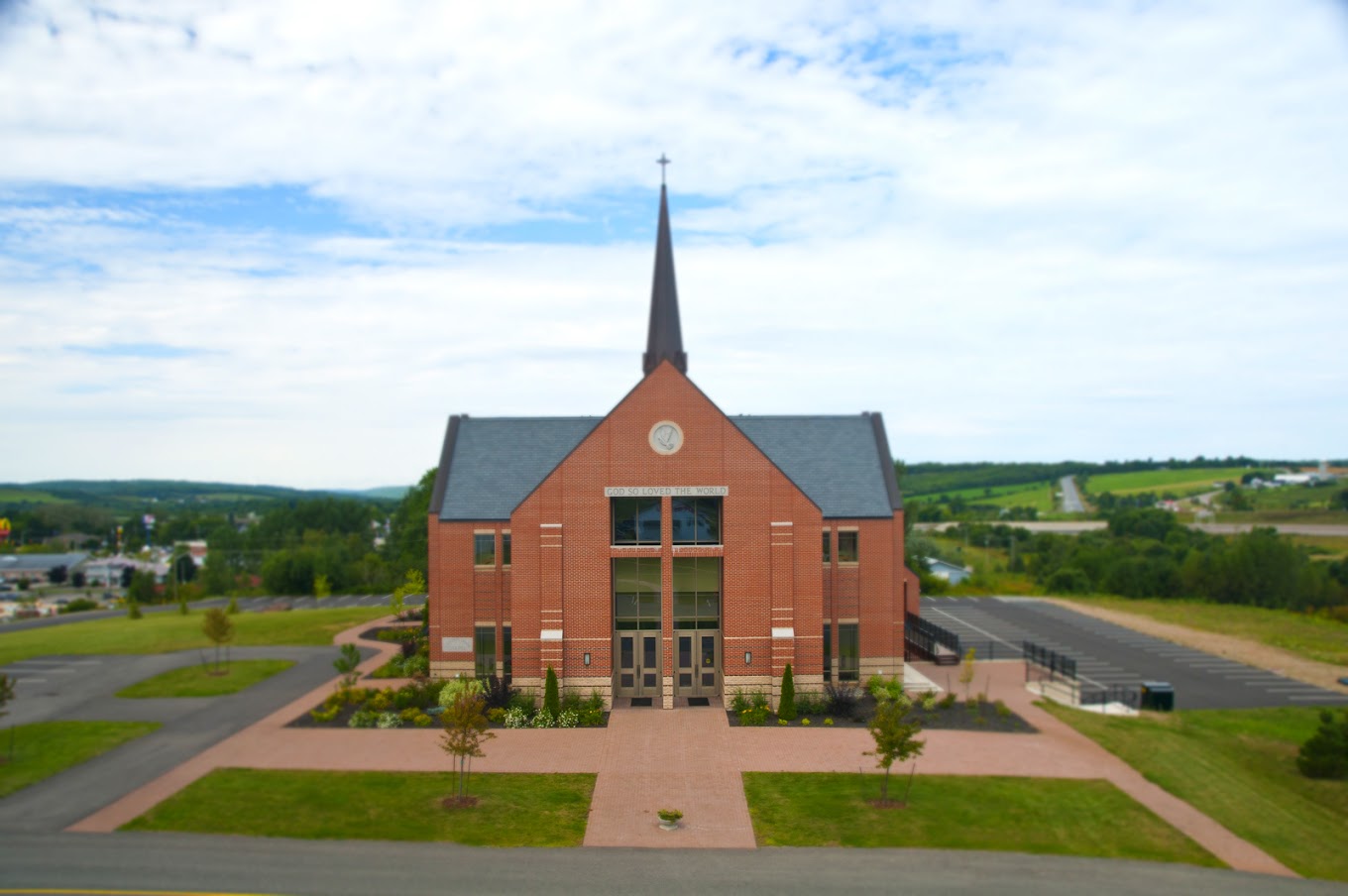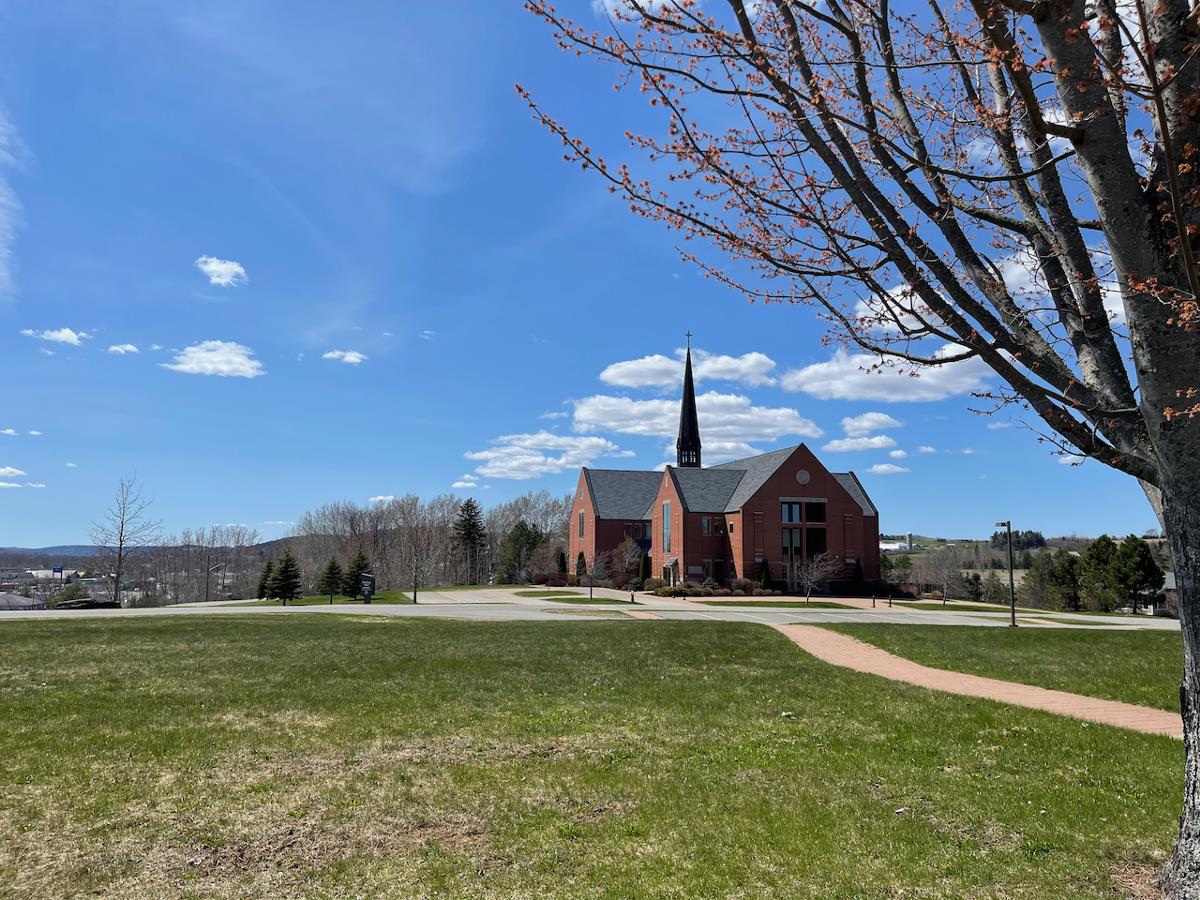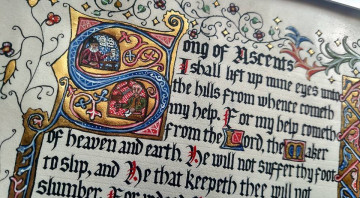
20 Courses
SFLab: Spiritual Formation Lab Term 6 2023-2024
This lab is required for students who did not earn a high enough grade in the previous semester's Spiritual Formation Component

SF: Spiritual Formation Component Term 6 2023-2024
This course is where students report participation in the required spiritual formation activities each week.

P000: Practicum Term 6 2023-2024
This course is a generic placeholder for practicums which will be replaced by a specific course when the student contract is approved. Practicum assignments are designed to allow students to integrate classroom learning and practical ministry.
P231: Children's Ministry Leader/Teacher Term 6 2023-2024
Participant will organize lesson plans and teach in a children’s ministry program.

PSPM409: Marriage & Family Counselling Term 6 2023-2024
This course is designed to give the student an overview of the issues involved in marital and family counselling. Various models are examined, and time is designated to utilize and understand processes and interventions used in therapeutic practice.

TH411: Doctrine of Holiness Term 6 2023-2024
This course offers an intensive study of Christian perfection from a Wesleyan perspective in its biblical, doctrinal, historical, and practical aspects.

TH203: Basic Christian Beliefs Term 6 2023-2024
This course lays the foundation of a firm belief in the Christian religion. It introduces the student to the basic doctrines of the Bible and furnishes evidence which supports the divine origin of the doctrines, morals, and institutions of Christianity.

PS405: Psychopathology Term 6 2023-2024
This course is designed to provide the student with a basic understanding of abnormal human behavior. Models of abnormal behavior, methods of classification of mental disorders and approaches to treatment of these disorders will be discussed.

PS104: General Psychology Term 6 2023-2024
This course is a study of the behaviour of organisms from the simple stimulus/response mechanism to the human mind in its reactions to conditions and environment.

PM400: Pastoral Ministry Term 6 2023-2024
This course studies the real-life work and responsibilities of the pastor (except preaching). Students are exposed to both the ‘up-front/public’ ministries of a pastor, as well as the ‘behind-the-scenes’ responsibilities. Many practical areas of pastoral ministry are explored through lecture, demonstration, practice, and visits to local churches.

OT201: Pentateuch Term 6 2023-2024
This course is a detailed study of the content and spiritual significance of the first five books of the Bible (Genesis through Deuteronomy).

MIN300: Principles & Practices of Discipleship Term 6 2023-2024
This course studies the biblical mandate, history, current realities, breadth, and challenges of Christian discipleship. Emphasis is placed on studying the ‘best practices’ of those churches which take seriously their responsibility to facilitate Christian discipleship.

MIN209: Personal Evangelism Term 6 2023-2024
This course is designed to assist students in using the Bible, other tools, and practical methods in leading people to Christ. The effective use of follow-up methods is also explored.

MIN200: Introduction to Worship Term 6 2023-2024
This course is an interdisciplinary Bible-related course designed to assist students in the development of a theological understanding of worship and of corporate worship, considering biblical precedents and historical practices for maximum Kingdom impact in the 21st century church. It also provides opportunity for future worship leaders, pastors, and church leaders to learn how to plan and guide the worship ministry in the local church and other venues.

GE120: Online Orientation Term 6 2023-2024
This course helps prepare students for success as an online student. It is required for all students before taking their first online course through Kingswood Extended.

MIN500: Ministry Placement Term 6 2023-2024
This course is the hands-on ministry component of the Master of Arts (Pastoral Theology). During twelve months of the program, each master's student will invest a minimum of 20 hours per week in an approved ministry, on a paid or volunteer basis. Monthly reflective reports will be submitted to the Program Director. Students who choose to complete the degree in two years may reduce their ministry hours to ten hours per week over two years.

BT501: The Bible as Christian Scripture Term 6 2023-2024
This course is normally the first core course taken in the M.A. (Pastoral Theology) degree. It focuses especially on the formative role played by the Bible (as the Word of God) in shaping the life of a healthy congregation. Special attention is given to the ways in which different genres of Scripture, as well as various books of the Bible, are to be utilized in both private and public worship.

CEX 4011 Church Leadership/Management GLR July/Aug 2024

BTX 2031 Inductive Bible Study GLR July/Aug 2024

NTX 1011 New Testament Introduction GLR July/Aug 2024
This course will enable the student to gain a clearer understanding of the New Testament as a whole, as well as its parts. Students will gain factual knowledge that can be passed along so that all can better know the Jesus of the New Testament and share His good news with others. The student will gain knowledge about the structure, content, history, and geography of the New Testament.